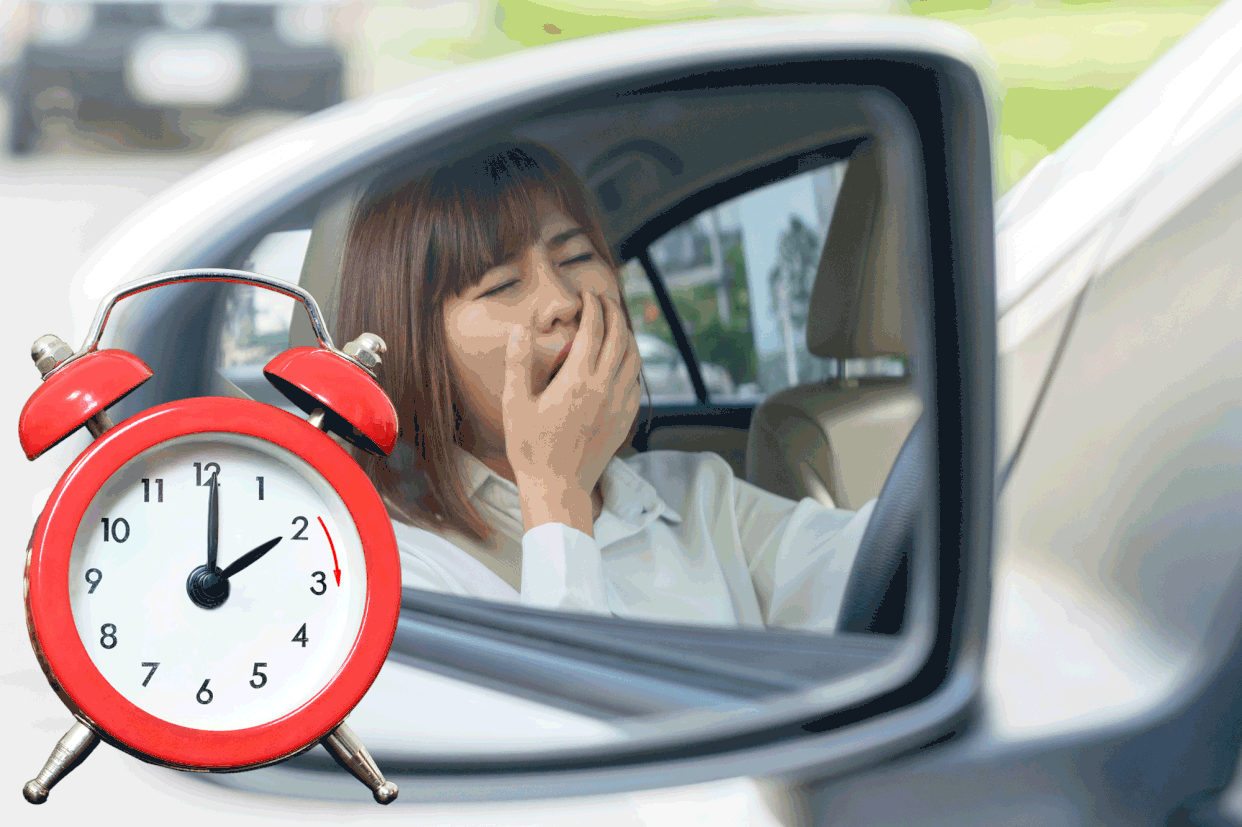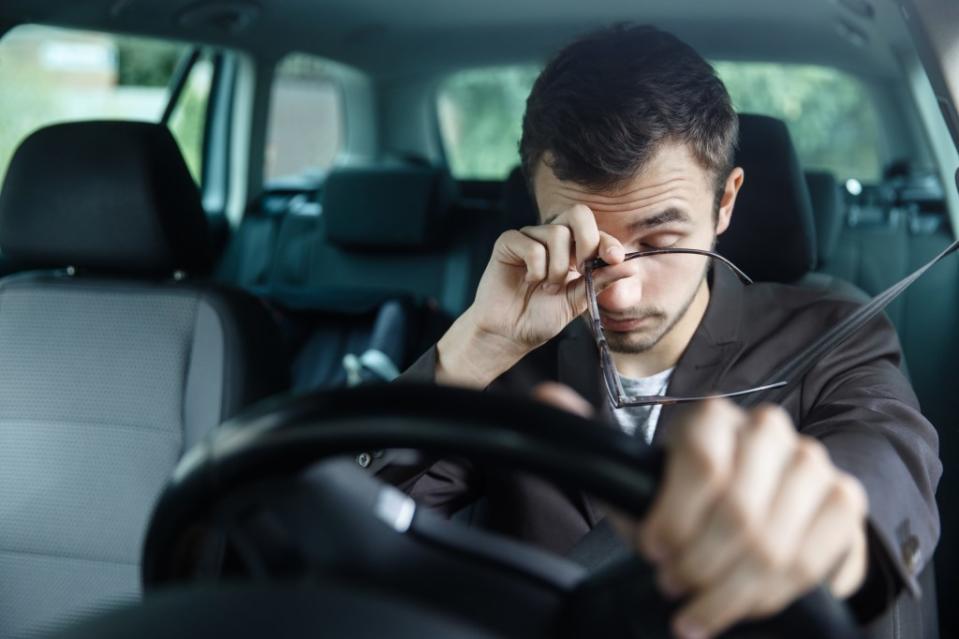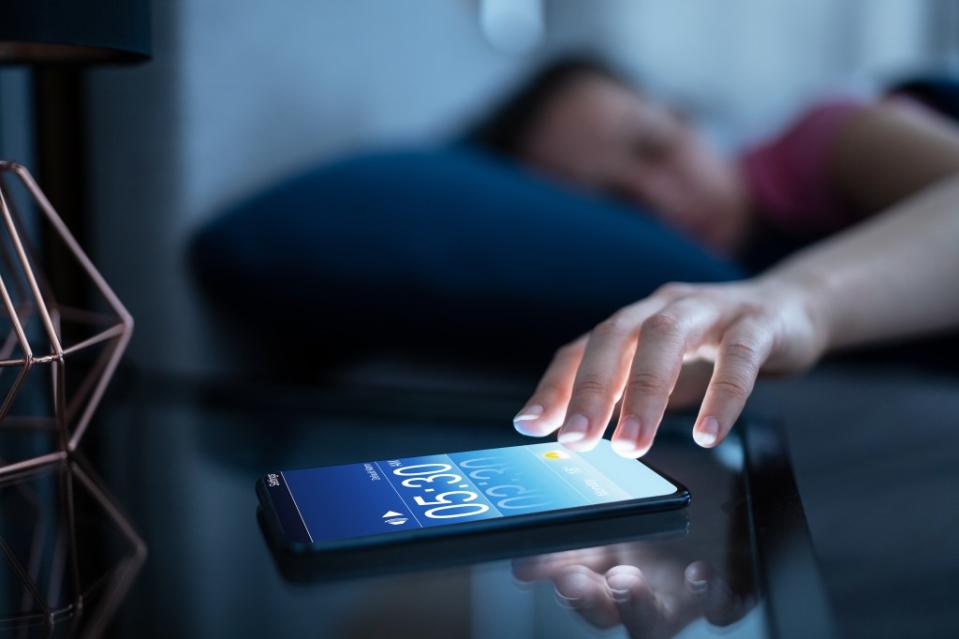Daylight Savings increases risk of heart attacks, car accidents — how to prevent tragedy

Sunday’s clock change could mean trouble for your ticker.
Whether you’re a winter-worn whiner excited for the dawn of spring or sleep deprived and annoyed at the thought of losing an hour of sleep in the middle of your weekend, Daylight Savings Time can be a real health hazard, experts warn.
Warm weather, clear skies and flowers in full bloom are all happy byproducts of the big switch, but the annual Spring Forward event, when clocks go forward one hour — observed at 2:00 a.m. on March 10, this year — is said to come at a a very real cost to the human heart.
In fact, the American Heart Association points to a “marked increase” in heart attacks on the Monday following the change. Other research has also documented an uptick in strokes, two days after the yearly fête.
“We don’t really know exactly why there is an increase in heart attacks and strokes during the change to daylight saving time. It’s likely connected with the disruption to the body’s internal clock, or its circadian rhythm,” Maria Delgado-Lelievre, a Hypertension Specialist at the University of Miami, explained in a statement to the AHA.

“[But] It’s important to be aware of this increased risk, especially if you already have heart disease or other risk factors.”
Specialists have also linked DST to roadway damages caused by to sleep deprivation, identifying a 6% increase in fatal traffic accident risk due to the time tinkering.
“Because spring DST shifts clock time one hour later, mornings are darker and evenings brighter, changing illumination conditions for peak traffic density,” wrote the authors of a January 2020 report. “Accidents are most likely to occur in the morning hours (between 6am and 8am), which has also been attributed to higher levels of driver sleepiness in the first half of the day than in the latter half of the day during any week of the year.”
“This phenomenon appears to be acutely aggravated by DST transition.”

The AHA added that sleep deprivation spawned by the time change could also prompt the hardening of the arteries, known as atherosclerosis, increase issues spurred by obesity and high blood pressure, and spark irregular heart rhythms, or atrial fibrillation, in women.
DST takes a hellish toll on children, too — leaving most sleepy tots, and their moms, running on fumes.
But Delgado-Lelievre says adopting healthy habits ahead the schedule switcheroo can help folks sidestep an upset.
“Making small changes in your daily habits can make a big difference in your sleep quality and overall health,” she advised. “Instead of turning on the TV to help you fall asleep, try reading a book or journaling about your day. Putting your phone in another room can also prevent the temptation to scroll in bed.”
“Implementing these small habits now can help you prepare for the upcoming daylight saving time change and ensure your sleep patterns are strong and more likely to remain consistent all year long.”

Here are the AHA’s tips for dodging DST drama:
Don’t hit snooze
Sleeping past your alarm can make you groggier in the morning. Try putting your alarm clock across the room so you must physically get out of bed to turn it off.
Prioritize exposure to natural light
Maximize exposure to natural light during the day to regulate your body’s internal clock and prepare for a restful night. Try going for a walk when you wake up in the mornings to promote physical activity while getting natural sunlight.
Eat a healthy, balanced diet
Enjoy a heart-healthy diet with plenty of fiber-rich vegetables, fruits, legumes and whole grains and balance your calories throughout the day. When you get more calories late at night, sleep may be less peaceful.
Watch what you drink
Drinking too many sugary, caffeinated or alcoholic beverages may lead to more disruptions during the night.
Limit afternoon naps
Avoid taking long naps during the day because they can disrupt your sleep patterns and make it harder to achieve restful sleep at night. Instead, focus on maintaining consistent sleep patterns to support good overall sleep quality.
Limit technology use in the evening
The blue light of most electronic devices can interfere with your circadian rhythm and melatonin production. Create a productive sleep environment by keeping electronic devices out of the bedroom. Aim to disconnect from screens at least one hour before bedtime to reduce exposure to blue light and promote better sleep quality.
Create a relaxing bedtime routine
Engage in calming activities before bed, such as reading a book, journaling, taking a warm bath, or practicing relaxation exercises like deep breathing or meditation. Relaxing activities can help ease into a restful night’s sleep.

